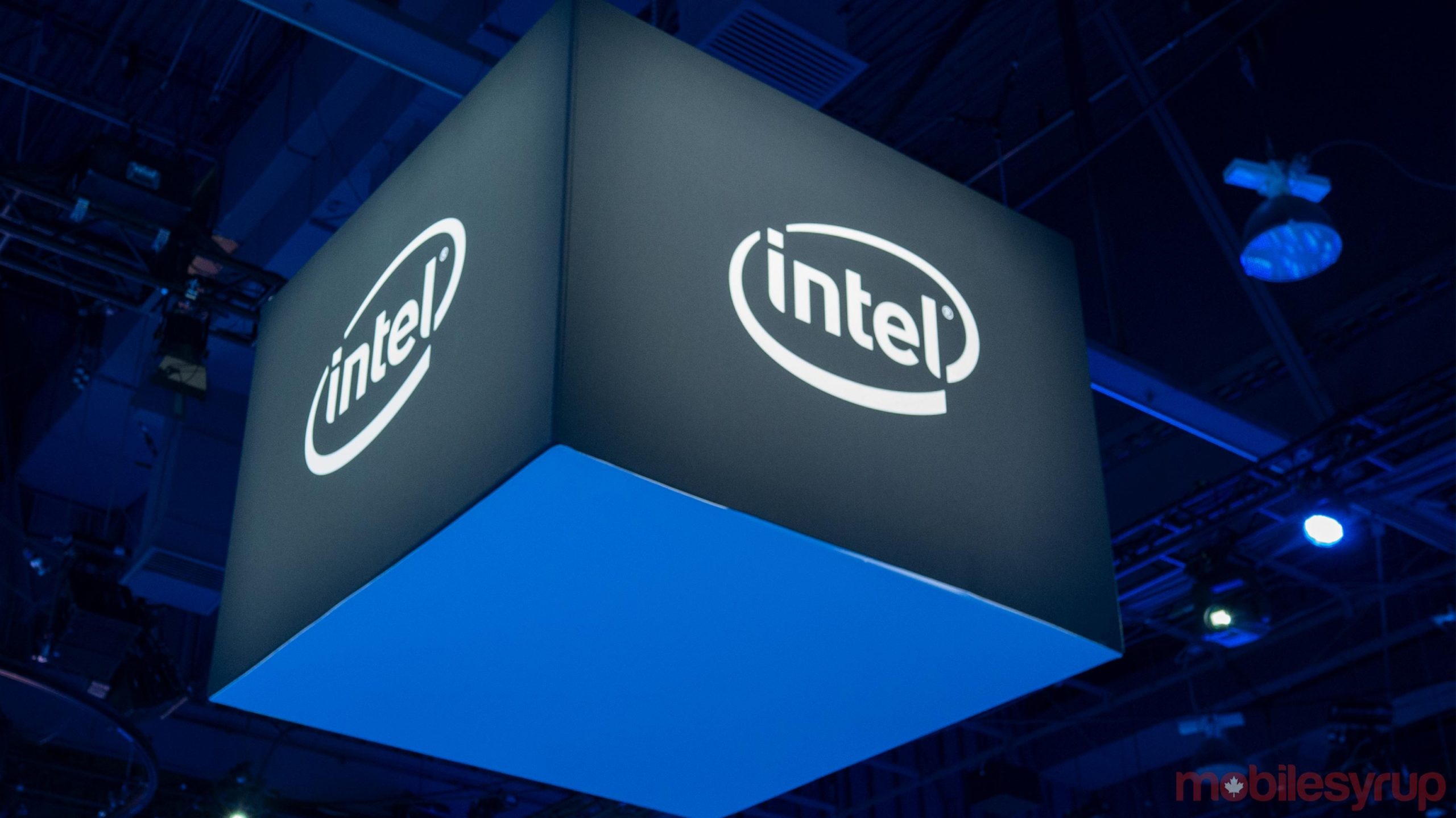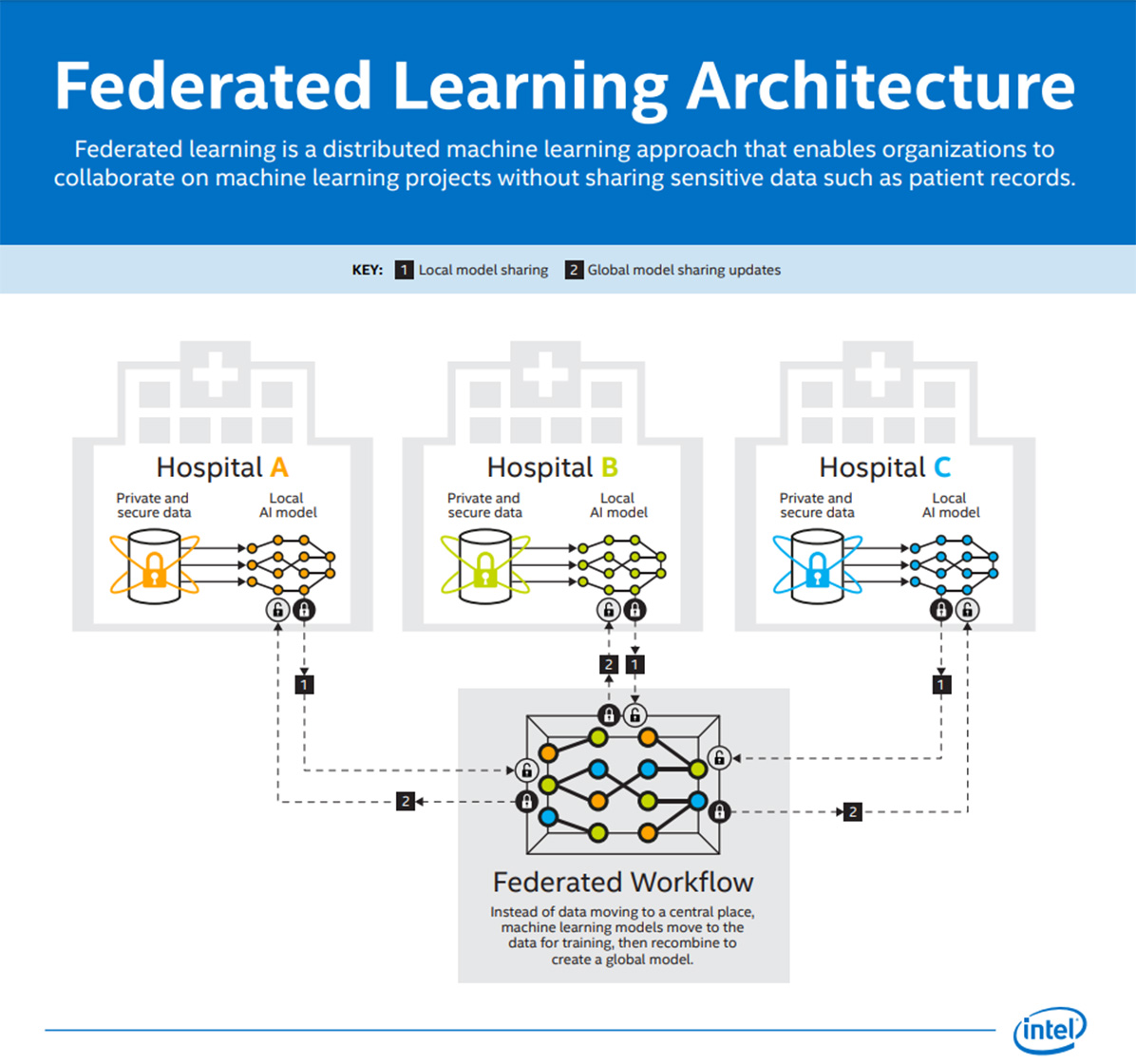
Intel is partnering with the University of Pennsylvania to co-develop technology to help train artificial intelligence (AI) models that identify brain tumours.
The technology, called ‘federated learning,’ prioritizes privacy and will enable organizations to collaborate on deep learning projects without sharing patient data.
The Perelman School of Medicine at the University of Pennsylvania (Penn Medicine) will lead a federation of 29 international healthcare and research institutions in training the AI models using federated learning. The federation includes Queen’s University in Kingston, Ontario, as well as research institutions in the U.S., U.K., Germany, Netherlands, Switzerland and India.
Penn Medicine’s work is funded by the Informatics Technology for Cancer Research (ITCRI) program of the Nation Cancer Institute (NCI) of the National Institutes of Health (NIH). The funding comes in the form of a three-year $1.2 million USD (roughly $1.67 million CAD) grant.

Penn Medicine and Intel Labs first published a paper on federated learning use in medical imaging. The paper demonstrated that federated learning could train a model to over 99 percent of the accuracy of a model trained in the traditional, non-private method.
Now, the new work will rely on Intel software and hardware to implement federated learning in a manner that provides additional privacy protection to both the model and the data.
To properly build a model that can detect a brain tumour, researchers need access to large amounts of relevant medical data. The privacy and protection of that data is critical, which is where federated learning and Intel learning come in. Thanks to this approach, researchers from all the participating organizations will be able to work together on building and training an algorithm to detect a brain tumour without compromising the privacy of sensitive medical data.
MobileSyrup may earn a commission from purchases made via our links, which helps fund the journalism we provide free on our website. These links do not influence our editorial content. Support us here.


